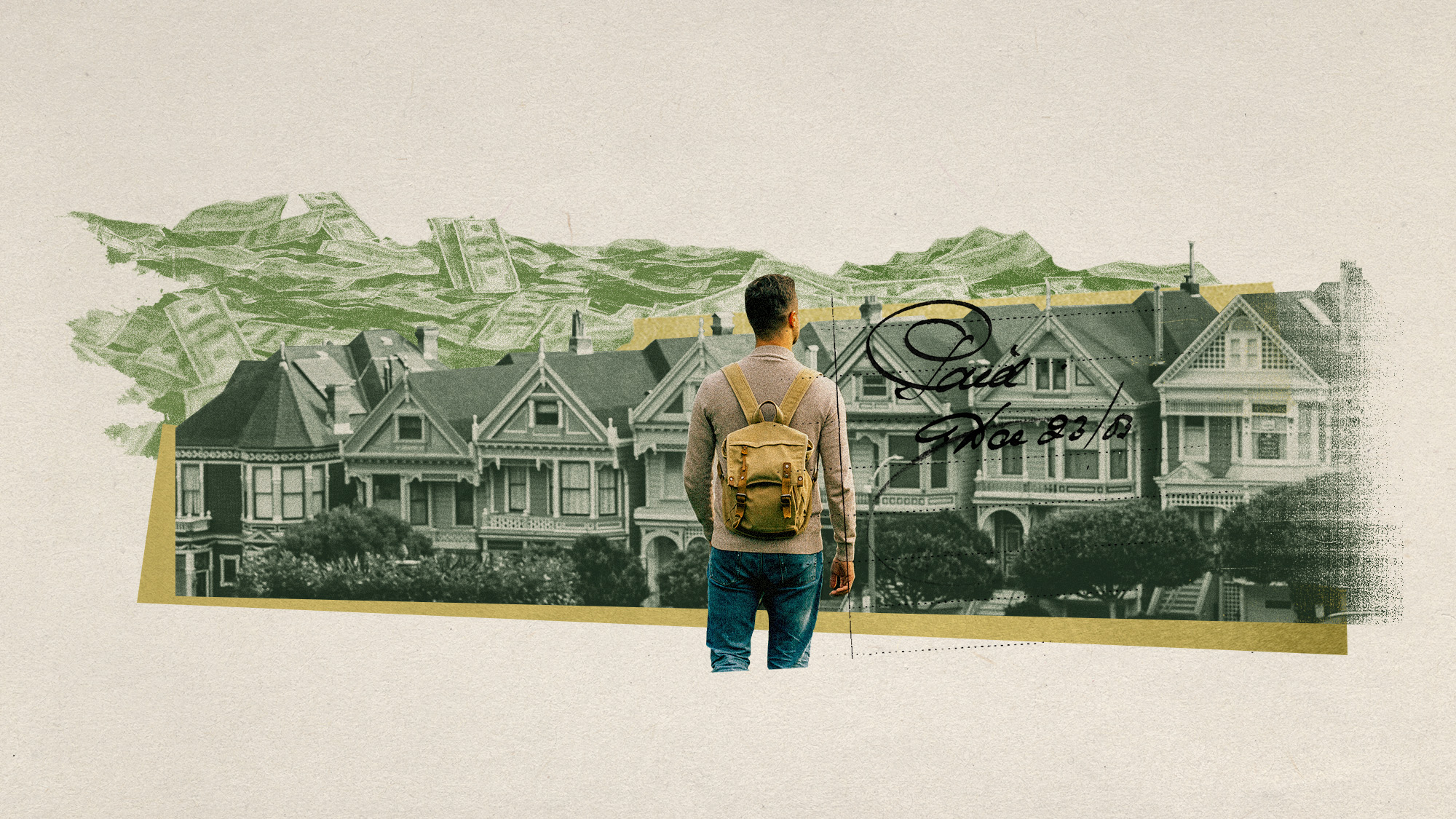AI is creating a luxury housing renaissance in San Francisco
Luxury homes in the city can range from $7 million to more than $20 million


A free daily email with the biggest news stories of the day – and the best features from TheWeek.com
You are now subscribed
Your newsletter sign-up was successful
While San Francisco has long been associated with an elite housing market, the City by the Bay has reportedly seen a resurgence in home sales thanks to a booming technology: artificial intelligence. The city's connection to Silicon Valley, combined with the recent upswing in AI startups, means that San Francisco has once again positioned itself at the forefront of the luxury home market.
How widespread is San Francisco's luxury home boom?
The reality of high-cost real estate in San Francisco is nothing new, but demand for ultra-extravagant homes has waned in recent years — until now. Luxury real estate agents are "seeing growing demand for ultra-high-end properties," according to the mid-year report from luxury broker Sotheby's. People purchasing new homes in San Francisco "include former residents of the city who are returning after a hiatus of four or five years, along with newcomers drawn by the city's tech industry."
This has led to a renewed boom in the city's luxury market and "more homes sold above $20 million in San Francisco in 2024 than in any other year in history," Sotheby's Chief Marketing Officer Bradley Nelson said to Bloomberg. Most notable was a purchase by Laurene Powell Jobs, the widow of Apple cofounder Steve Jobs, who "paid around $70 million for a San Francisco mansion, setting a record for the California city," said The Wall Street Journal. Another large transaction included a $52 million home sold to a tech executive.
The Week
Escape your echo chamber. Get the facts behind the news, plus analysis from multiple perspectives.

Sign up for The Week's Free Newsletters
From our morning news briefing to a weekly Good News Newsletter, get the best of The Week delivered directly to your inbox.
From our morning news briefing to a weekly Good News Newsletter, get the best of The Week delivered directly to your inbox.
How has AI contributed to this?
San Francisco has become a "magnetic location really quickly because if an entrepreneur or a tech investor was saying, 'OK, I want to make a bet in AI,' they were deciding they needed to do it in San Francisco and in the Bay Area," Nelson told Bloomberg. The "thought is that the AI space is going to be the next major source of wealth creation in the global economy." This is largely due to the city's proximity to the flourishing AI sector that has taken over this part of northern California. Silicon Valley is just 32 miles from San Francisco, and is "home to the headquarters of hugely influential companies like OpenAI, creator of ChatGPT, as well as countless startups and research labs," said Robb Report.
The structure of these companies provides their employees with the means to afford these homes. To "quell internal pressure to go public, tech companies increasingly organize structured secondary sales, also known as tender offers, which give employees and investors a chance to sell a portion of their shares," said The San Francisco Standard. Selling these secondary shares "has become the way tech employees and investors turn paper wealth into cash" for homes.
Given that AI looks primed to dominate the tech market for the foreseeable future, many such buyers are also working to one-up each other by "pouring millions more into multiyear, custom renovations, setting clear intentions to take up residence in the city," said Robb Report. And it seems like this trend is here to stay. The "luxury real estate market in 2025 has just stepped out as the perennial safe haven," Nelson told Bloomberg. There "has been volatility in other areas of financial markets, but we're now seeing clients become quite acquisitive of luxury properties.”
A free daily email with the biggest news stories of the day – and the best features from TheWeek.com
Justin Klawans has worked as a staff writer at The Week since 2022. He began his career covering local news before joining Newsweek as a breaking news reporter, where he wrote about politics, national and global affairs, business, crime, sports, film, television and other news. Justin has also freelanced for outlets including Collider and United Press International.
